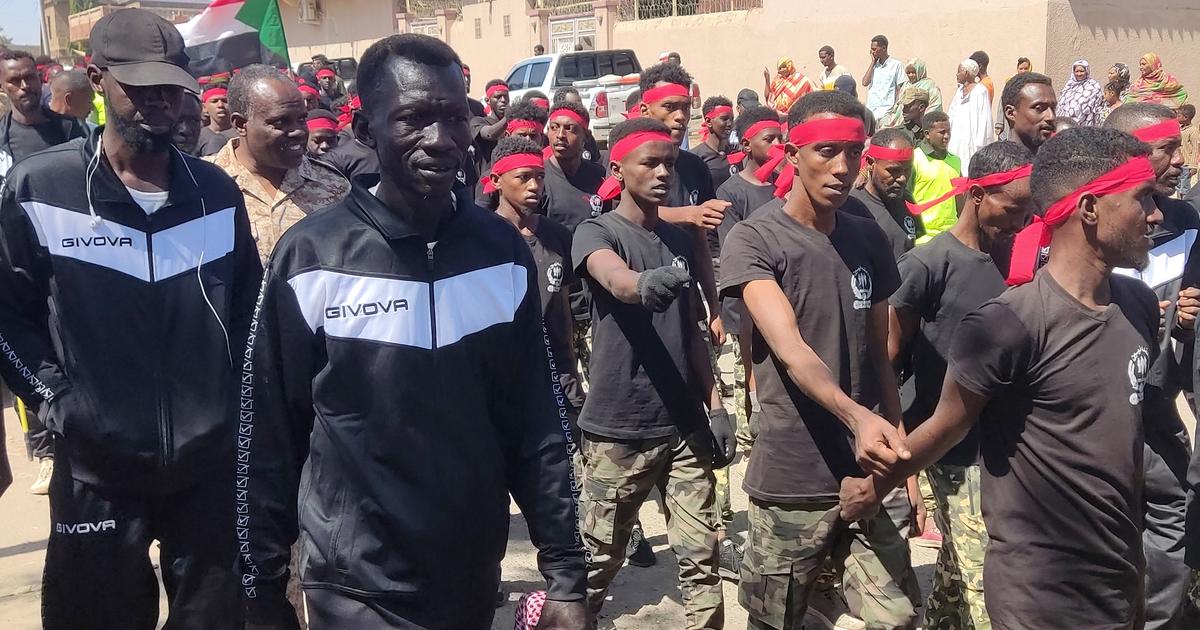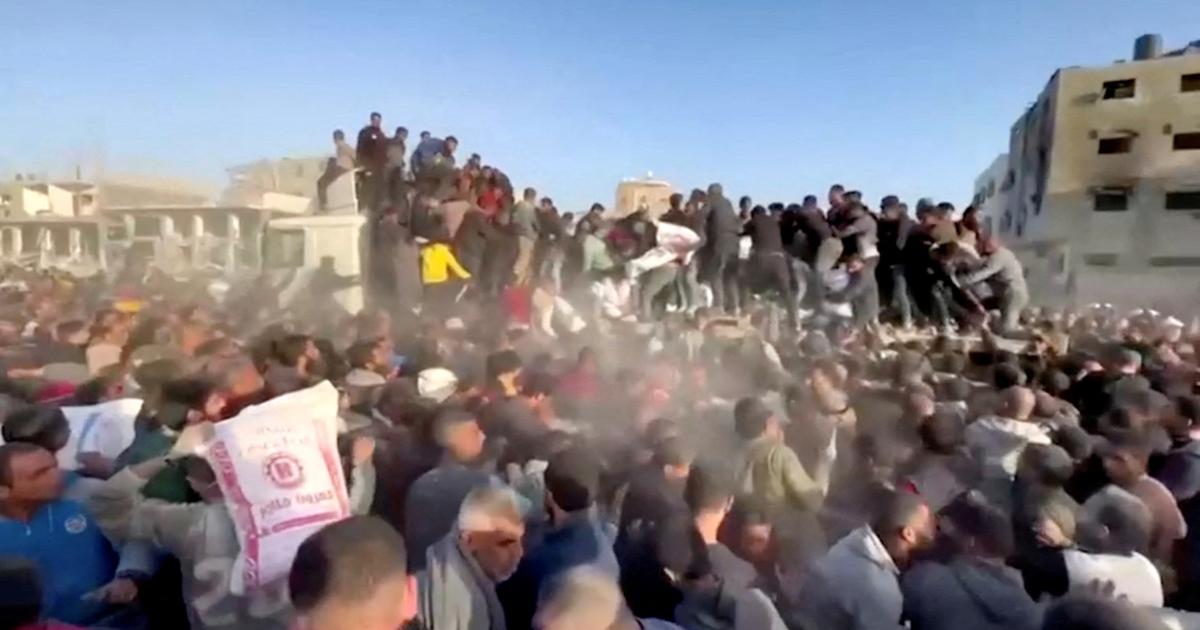More than 260,000 people died of hunger in Somalia in 2011, an announced crisis before which the world closed its eyes until it was too late.
Of these, 130,000 were children under the age of five.
After the tragedy, the international community uttered a "never again" and promised to tackle this type of crisis before, a promise that has been revealed in vain, according to a report released this Wednesday by Oxfam Intermón and Save the Children.
These organizations denounce that, as then, a massive famine is ravaging the Horn of Africa again.
They calculate that famine in Somalia, Kenya and Ethiopia could already be claiming a life every 48 seconds due to the "inaction" of an international community that is responding "too late and with too little" to this budding drama.
The worst drought in the region in 40 years, covid-19 and the increase in food prices caused by the war in Ukraine have left almost half a million people in Somalia and Ethiopia "in conditions close to famine".
As in 2011, the highest price will be paid by women and children, details this 39-page text, entitled
Dangerous Delay: the cost on inaction
(A dangerous delay: the price of inaction), produced by the two NGOs in collaboration with the Jameel Food Security Observatory, Nairobi.
The document includes United Nations predictions that estimate that up to 350,000 Somali children could die before the summer if governments and donors "do not immediately address" this situation.
Since last year, the number of people at risk of starvation in Somalia, Kenya and Ethiopia has more than doubled, the report warns.
If in 2021 some ten million people went hungry in these States, now there are 23 million.
Also on this occasion, it is a crisis foretold that shows "the continuous failure of the world to avoid preventable disasters", deplore the authors of the text.
The organizations signing the document recall that the first alert was launched in 2020 that the lack of rain could trigger a food crisis.
Since then, warnings have been issued for more than two years without sufficient resources being mobilized to prevent the chronic food insecurity suffered by many inhabitants of the region from degenerating into famine.
A "political failure"
“Despite growing warning signs, the response from world leaders has been unfortunate: too late and too little, leaving millions of people in a catastrophic situation.
Hunger is a political failure,” says Franc Cortada, director general of Oxfam Intermón, in a statement.
This NGO supports its complaint with a fact: so far, the urgent appeal for United Nations funds has only managed to cover 2% ―93.1 million dollars (89.3 million euros) of the 4,400 million dollars orders.
In April, the report continues, international donors pledged to provide $1.4 billion (€1.34 billion), but of that amount, only $378 million is new funding, something the document describes as "shameful."
“People are starving not because the world lacks food or money, but because of a complete lack of political will.
The rich countries managed to mobilize successfully, and very justifiably, more than 16,000 million dollars in a month to respond to the terrible crisis in Ukraine.
Countries can mobilize resources to prevent human suffering, but only if they want to,” says Cortada.
Both Oxfam and Save the Children have launched an "urgent appeal" to the leaders of the G7 "and" the rest of the Western countries "to finance" immediately "the United Nations appeal of 4,400 million dollars for Kenya, Ethiopia and Somalia.
Some local communities in these countries are activating their own mechanisms of solidarity in the face of the delay and scarcity of international aid.
Ahmed Mohamud, a livestock farmer quoted in the report, explains how “well-off families” in Wajir, his town in northeast Kenya, “have been donating food to those in need, but this is a temporary solution;
soon, we will all be left with nothing.”
"There are no cows left, they have all died," deplores this Kenyan.
“The situation is bleak.
Both people and livestock are at risk of perishment.
In parts of Kenya's Marsabit and Samburu provinces, the deaths of children, pregnant women and elderly people are already being reported.
Without urgent intervention, we will probably witness more deaths.
We are seeing appalling numbers of severe malnutrition, with close to 5.7 million children expected to be acutely malnourished by the end of this year.
Every minute that passes is one minute closer to starvation and the possible death of a child.
How can we accept that this happens again?”, deplores Andrés Conde, director general of Save the Children, in a statement.
The report of the three organizations does not only highlight the famine that threatens the Horn of Africa.
The text criticizes a design of the international crisis response system that is "reactive" instead of preventive and, in its opinion, "incapable of preparing for or responding to the challenges of the coming years."
The document highlights how the G7 countries and other rich states "have gone back on their aid promises to poor countries, driving them to the brink of bankruptcy due to their high indebtedness."
In less than a decade, the document continues, the debt of these countries "has multiplied by more than three (from 20.7 billion dollars in 2012 to 65.3 billion in 2020)", which forces these countries "to divert resources destined to public services and social protection measures to face” payments to its creditors.
Follow all the international information on
and
, or in
our weekly newsletter
.

/cloudfront-eu-central-1.images.arcpublishing.com/prisa/CG5BKUQPWRBVRKY7G7KYGQQ524.jpg)





/cloudfront-eu-central-1.images.arcpublishing.com/prisa/BCB6MJLFNJFHTOKKFRCSCPHTFQ.jpg)






